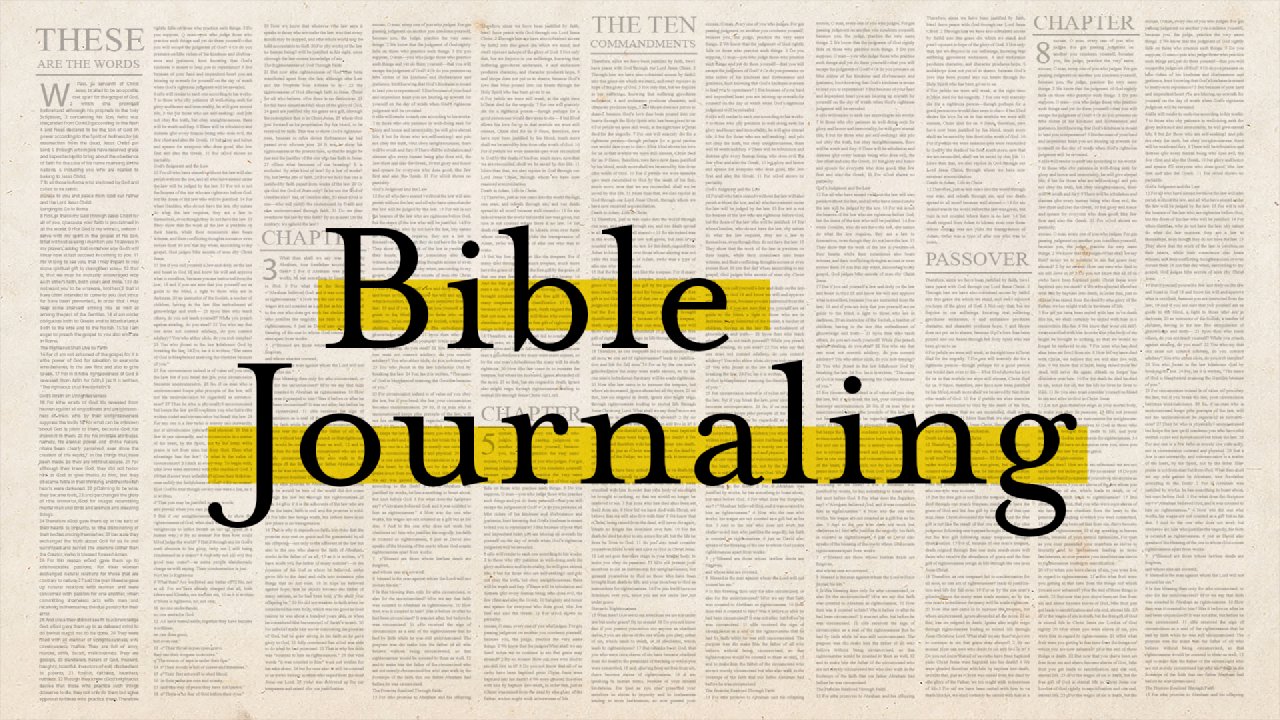Paul’s closing words/final principle in Romans 8: nothing outside the Christ’s covenant people can separate them from His covenant love.
The question this prompts for the Jew: Why then have the majority of Christ’s original covenant people – most specifically those Jews living in the first century, been rejected or separated from Christ’s covenant love?1
Paul’s answer not only establishes proper thinking on the subject but also a possible strategy for dealing w/those already offended by our beliefs:
1. Strong affirmation of shared truths is the divine strategy and starting place for correcting those whose ignorance or misunderstanding have caused them to be strongly offended by your beliefs/words (1-5; e.g., interacting w/Evangelicals).
2. When covenant people go to hell it is not because: 2.1. God doesn’t care/Jesus didn’t die for them (1-5; v3 = If Limited Atonement is true then the Holy Spirit/Paul qualifies as a better savior than Jesus; Act 20:28) 2.2. God’s Word failed to change them into obedient people (6) “But it is not as though the Word of God has failed” = God’s Word has not failed to change people in the direction of obedience, rather those people failed to obey the changes required by God’s Word; “not all who are descended from Israel belong to Israel” = Not all Jews (those whose genealogy can be traced back to Abraham) will be heirs to the promises. And that again because of their volitional choice to reject God’s new requirements for justification/salvation (faith vs. works of the law).2
3. [Genealogy is not enough]: Being born into the family of God is not enough to qualify as heirs (you must also qualify for His promises) (7-8).
4. [God is sovereign in His requirements for receiving mercy]: God alone is the One Who decides - and can change, what will be the requirements for receiving His mercy (justification/salvation) and becoming heirs to the promises:
4.1. in re: to Isaac (versus) Ishmael = God decided to change the requirement of: you must be the firstborn to be the heir”, to: you must be the firstborn natural son (or son of the promise) (9)
4.2. in re: to Jacob versus Esau = God decided to change the heirship from the firstborn natural son to his brother (10,12-13) (11) = The reason God “calls” (or makes the decision to put) Jacob before Esau, to change the birthright from the older to the younger before they were born (or “had done [anything] good or bad” or before Esau did it himself by selling his birthright to Jacob), was to reinforce the fact that He still reserves the right to decide or change the requirements of birthright - or who becomes the heir of His promises- which when in respect to spiritual things, refers to salvation. Put another way, God did it “in order that His purpose of election (His plan for receiving birthright/mercy/salvation) would not be bound to what people decide or are committed to (“not because of works”) but (once more) His decision (“Him who calls”). As it re: to “works” being what we are committed to (See 16 “exertion”) = Literally, “running” (YLT = “So, then -- not of him who is willing, nor of him who is running, but of God who is doing [mercy]”; “running” is a metaphor for commitment/devotion - e.g., 1Co 9:26).
1 That Jesus was the God of the Old Covenant and through whom the Jews had experienced His covenant blessings and curses is proven by several passages in both the Old and New Testament (e.g., Jud 1:5; Mal 3:1).
2 What follows is the support for these two truths: 1) genealogy is not enough, 2) God is sovereign in His requirements for receiving mercy, 3) God’s mercy is not available to those who hate Him.
What then Paul is communicating in v11 and 16: God is completely sovereign in His decision as to the requirements of His mercy/salvation. His decision is not swayed or influenced by our wills, what we desire, what we are committed to or where our devotion lies (e.g., the first century Jews’ devotion to genealogy and “works of the law”; e.g., The modern gospel of sincerity = God will save all who are sincere in their desire/beliefs and devotion).
5. [God’s mercy is not available to those who hate Him]. 5.1. in re: to Esau (14) = Though God’s hatred toward Esau (and choice to give the heirship to Jacob) was not based on anything he had done (11 “works”), it was due to what He saw in Esau’s heart while still in his mother’s womb (Gen 25:23 “two nations” = One for God the other against Him. IOW: God saw that Esau hated him; Isa 48:8) 5.2. in re: to Moses and the Israelites (15 w/Exo 33:19) = His abundant goodness makes Him merciful. His Name is essentially “God of Mercy”. For this reason, the Jews called God’s mercy His “right hand” – or “most dominant trait.”3 Notice however, His Name as the “God of Mercy” is still tied to righteousness (Exo 34:5-7 w/Exo 20:5-6) = God’s mercy is only available to those who love Him (i.e., our love is the pre-requisite). Those who hate Him (i.e., who refuse to submit to His ways/requirements) will eventually be hardened. 5.3. in re: to Pharaoh (16-18 w/Exo 9:13-16) = As part of His abundant goodness, God showed Pharoah the damage He could do in the hopes that he would submit and be able to receive His mercy (“But for this purpose I raised you up, to show you my power, so that my name may be proclaimed in all the earth” = I showed you my power to give you a chance at mercy so that my name [“God of mercy” – Exo 20/33/34] might be proclaimed through you as one who received it). Pharaoh’s hardening came after many attempts by God and Moses. IOW: God only hardens those who continue to reject His goodness by refusing to submit to what He is requiring of them at that time - which in respect to Pharaoh was letting Israel go, in relation to the first century Jews, it was leaving behind the old requirements for justification and embracing the new.
6. We must (therefore) be careful to never question or be critical of what God chooses to require of us since the problem is with us not Him (His is abundantly good and righteous in all He does!): 6.1. (19-20) = The excuses of the rebellious: It’s not my fault, this is how I was born (“Why does He still find fault?”)? I am not resisting him, why does He hate me (“who can resist His will?”)? How dare we blame God for what is our fault and the result of our faulty choices (Ecc 7:29; Pro 19:3). 6.2. (21 w/Jer 18:1-12) = Whenever God acts in wrath or destruction toward nations or people, it is only because they refused to turn from their sin or stubborn rebellion and submit to Him. IOW: The potter’s right or choice as to how to use the clay (for honorable or dishonorable purposes) is based on its pliability to His will (Eze 18:23, 32, 33:11).
7. God’s goodness and righteousness includes showing great patience toward those who are rebelling against His requirements: 7.1. in the hope that they will eventually submit and become His beloved people/heirs to His promises (22-26; 2Pe 3:9) 7.2. but will eventually wear out leading to swift judgment (27-29).
8. The reason then for God/Christ’s separation from many first century Jews is because they refused to pursue justification/mercy according to God’s new requirement which is faith in Christ not the old way of the works of the law (30-33 ) = Notice what makes the difference between the “Gentiles” (those receiving “righteousness”[mercy/salvation]) and “Israel” (those failing to receive “righteousness” [mercy/salvation]) is not God’s choice of them (the view of Calvinism) but which people chose to submit to God’s changed requirements for receiving mercy (“Good-bye Calvinism!”).
3 Aspects of Rabbinic Theology: Major Concepts of the Talmud (Solomon Schechter, p. 322-23






